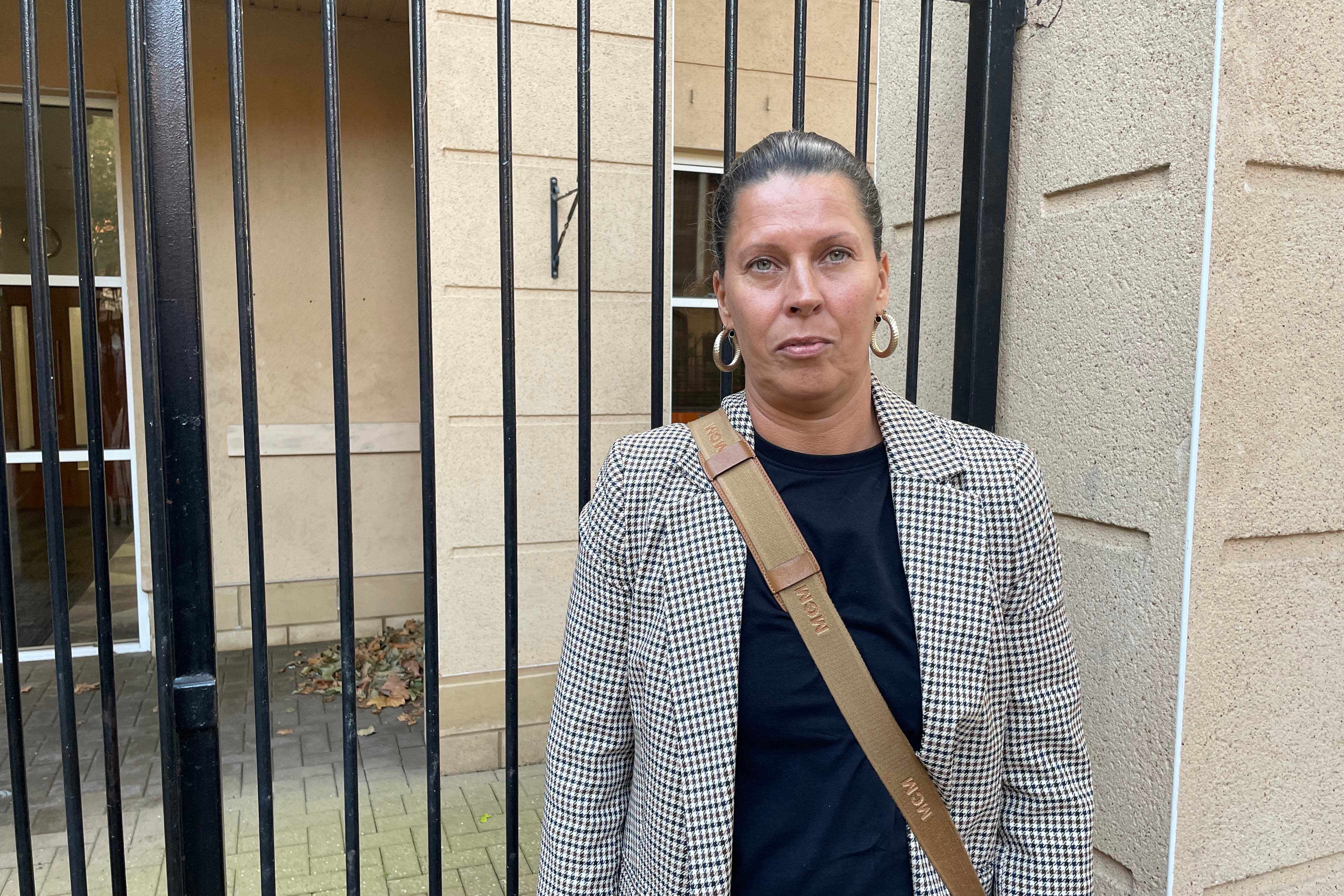Council ‘colluded against’ social worker over menopause symptoms, tribunal told
Maria Rooney claims she was constructively dismissed by Leicester City Council after she was discriminated against over her menopause symptoms.

Your support helps us to tell the story
From reproductive rights to climate change to Big Tech, The Independent is on the ground when the story is developing. Whether it's investigating the financials of Elon Musk's pro-Trump PAC or producing our latest documentary, 'The A Word', which shines a light on the American women fighting for reproductive rights, we know how important it is to parse out the facts from the messaging.
At such a critical moment in US history, we need reporters on the ground. Your donation allows us to keep sending journalists to speak to both sides of the story.
The Independent is trusted by Americans across the entire political spectrum. And unlike many other quality news outlets, we choose not to lock Americans out of our reporting and analysis with paywalls. We believe quality journalism should be available to everyone, paid for by those who can afford it.
Your support makes all the difference.A former children’s social worker has told an employment tribunal that she felt “colluded against” by a council due to suffering symptoms of menopause.
Maria Rooney has launched legal action against her former employers, Leicester City Council, claiming she was constructively dismissed following discrimination over suffering menopause symptoms.
Her case represents the first time an employment tribunal has viewed symptoms of menopause as a disability, with Ms Rooney, 52, claiming she was discriminated against, harassed and victimised by the council on disability grounds.
The hearing, overseen by employment judge Rachel Broughton at the Leicester Employment Tribunal, began hearing evidence on Tuesday.
In her witness statement, Ms Rooney said: “I had no other alternative but to resign from my social worker job after 12 years due to persistent and consistent management bullying, harassment, victimisation and discrimination, which has had a long-term and profound impact on me.
I also believed that I was being victimised and harassed for raising valid, serious and important concerns in the workplace and that I was being treated unfairly
“I also believed that I was being victimised and harassed for raising valid, serious and important concerns in the workplace and that I was being treated unfairly.
“I raised serious concerns about management bullying, harassment and intimidation (not just towards myself but to other workers) on several occasions to different managers as I felt it was a health and safety concern, however, my complaints were all ignored.
“I was unfairly constructively dismissed, and the respondent committed a repudiatory breach of contract.”
Ms Rooney, a mother of two, said in her statement she began to suffer from perimenopausal symptoms at the end of 2016 and started to suffer from work-related stress from the end of 2017.
This, she said, was due to “a lack of management support, being overloaded with cases and work and management bullying, harassment and intimidation”.
Ms Rooney was off sick with stress at work from December 6 2017 to February 18 2018, with her claims focusing on the period from December 6 2017 to October 31 2018.
She was then signed off sick again due to stress on March 22 2018 and claimed she was “harassed and intimidated via email” while off work, before returning the following month.
She claimed that after returning, the council “failed to consider” the reasons for her absence and an occupational health report which advised adjustments be made so she could continue working.
Instead, she said, the authority instigated absence procedures.
In the tribunal in Leicester on Tuesday, Keith Bryant KC, representing the council, said to Ms Rooney: “In your witness statement you say all of your managers colluded against you.”
Ms Rooney replied: “That is what it felt like.”
She handed in her resignation as a Level 3 social worker in August 2018 and left her role in October of that year after serving a two-month notice period, for all of which she was signed off sick.
She launched legal action in January 2019, with the employment tribunal deciding in February 2022 that Ms Rooney was disabled at all material times covered by her claims, by virtue of her symptoms of menopause combined with stress and anxiety symptoms.
It marked the first time an employment appeal tribunal decided that menopause symptoms could amount to a disability, setting a legal precedent.
Her case is being supported by the Equality and Human Rights Commission (EHRC), which said all employers should support workers affected by menopause.
The tribunal, expected to last 16 days, continues.